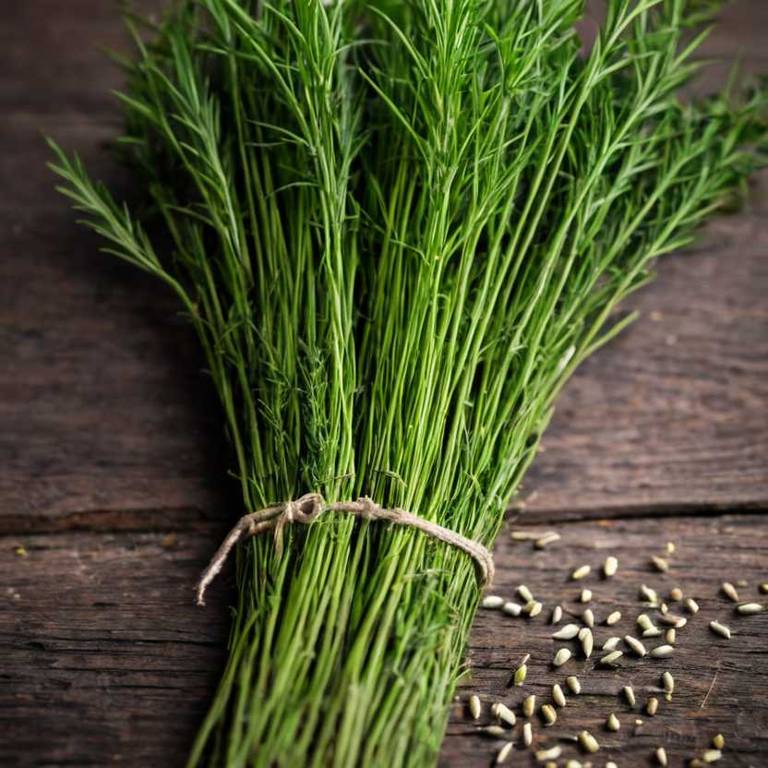Field Horsetail (Equisetum arvense)
Field Horsetail (Equisetum arvense) is a member of the Equisetaceae family, native to Europe, Asia, and North America. Traditionally, its shoots, stems, and leaves have been used for decoctions, infusions, and poultices.
This herb is particularly valued for its diuretic, anti-inflammatory, and astringent actions, and has a long history of use in european herbal medicine, mediterranean herbal traditions, and native american herbal medicine.

Quick Facts / Key Information
| Common Name | Field Horsetail |
|---|---|
| Scientific Name | Equisetum arvense |
| Plant Family | Equisetaceae |
| Genus | Equisetum |
| Species | arvense |
| Native Range | Europe, Asia, North America |
| Plant Parts Used | Shoots, Stems, Leaves |
| Primary Medicinal Actions | Diuretic, Anti-Inflammatory, Astringent |
| Primary Traditional Systems | European Herbal Medicine, Mediterranean Herbal Traditions, Native American Herbal Medicine |
| Historical Preparation Methods | Decoction, Infusion, Poultice |
Botanical Identity
- Scientific Name
- Equisetum arvense
- Common Name
- Field Horsetail
- Synonyms / Alternative Names
- Common Horsetail, Scouring Rush, Equisetum
- Plant Family
- Equisetaceae
- Genus
- Equisetum
Botanical Description
- Growth Habit
- Perennial herbaceous plant.
- Height
- It typically grows to a height of 30 to 100 centimeters.
- Stems
- Erect, unbranched, herbaceous stems with a ribbed surface, nodes bearing whorls of spirally arranged leaves, and spore-producing structures at the apices.
Traditional Uses / Historical Use
Traditional Systems
- European Herbal Medicine
- Mediterranean Herbal Traditions
- Native American Herbal Medicine
Historical Preparation Methods
- Decoction
- Infusion
- Poultice
- Powder
Medicinal Actions
- Diuretic
- Historically regarded as a calming diuretic, in urinary system discussions.
- Anti-inflammatory
- In herbal literature, noted as a warming anti-inflammatory, in topical or internal use contexts.
- Astringent
- In herbal texts, considered a soothing astringent, in structural-support contexts.
- Bitter
- As described in traditional systems, a mild bitter, in taste-driven classifications.
Active Compounds
- Tannin
- Plant-derived compounds known for their ability to bind proteins.
- Flavonoid
- A group of naturally occurring compounds commonly present in many flowering plants.
- Phenolic Acid
- Organic acids commonly occurring as part of plant secondary metabolism.
- Coumarin
- A class of aromatic organic compounds found in many plant species.
Modern Research Overview
Scientific literature concerning this plant spans multiple areas, including phytochemistry and laboratory research. Detailed analysis of published studies is not included at this time and will be added as part of future editorial expansion.
Safety & Contraindications
- General Precautions
- Specific general precautions associated with this herb have not been well documented.
- Contraindications
- Contraindications for this herb are not clearly established in available sources.
- Allergies
- There is insufficient evidence to determine whether this herb commonly causes allergic reactions.
- Drug Interactions
- Interactions between this herb and prescription medications are not clearly established.
- Toxicity
- There is insufficient evidence to determine the toxic potential of this herb.
- Pregnancy & Breastfeeding
- Safety during pregnancy and breastfeeding has not been well documented.
Preparation & Usage Methods
- Infusion
- A preparation method involving steeping plant material in heated water for a short period.
- Decoction
- Decoctions are made by heating plant material in water for an extended time.
- Poultice
- This method uses direct contact between plant material and the skin.
- Powder
- Powdered preparations use finely milled plant parts.
- Tincture
- Tinctures are liquid extracts produced through alcoholic maceration.
Growing, Harvesting & Storage
Growing / Cultivation
- Soil
- Prefers silty loam with moderately well-drained conditions. Typically grows best in moderate fertility soils.
- Sunlight
- Thrives in partial shade. Tolerates full sun to partial shade.
- Watering
- Prefers consistently moist soils. Tolerates variable moisture levels.
Medical Disclaimer
The information provided on this page is for educational and informational purposes only. It is not intended to diagnose, treat, cure, or prevent any medical condition. Always consult a qualified healthcare professional before using any herb for medicinal purposes.